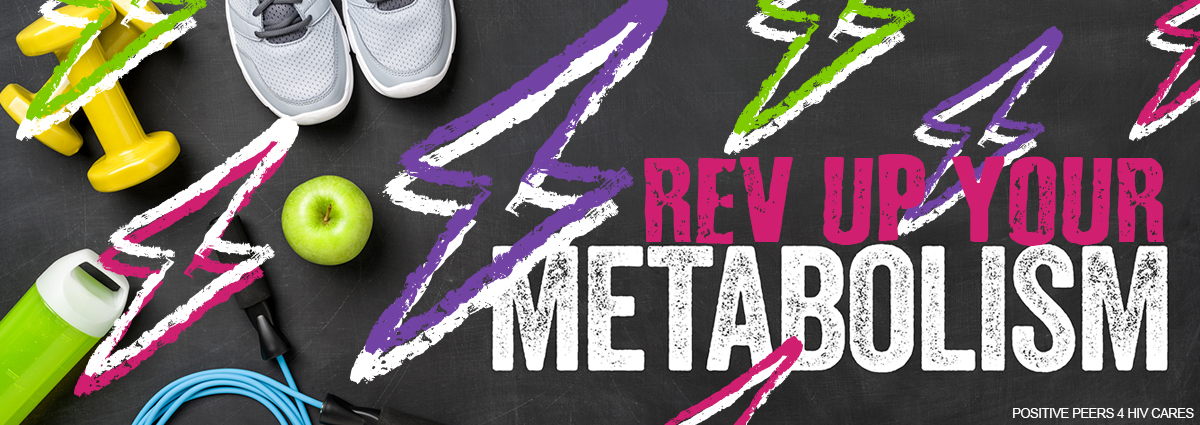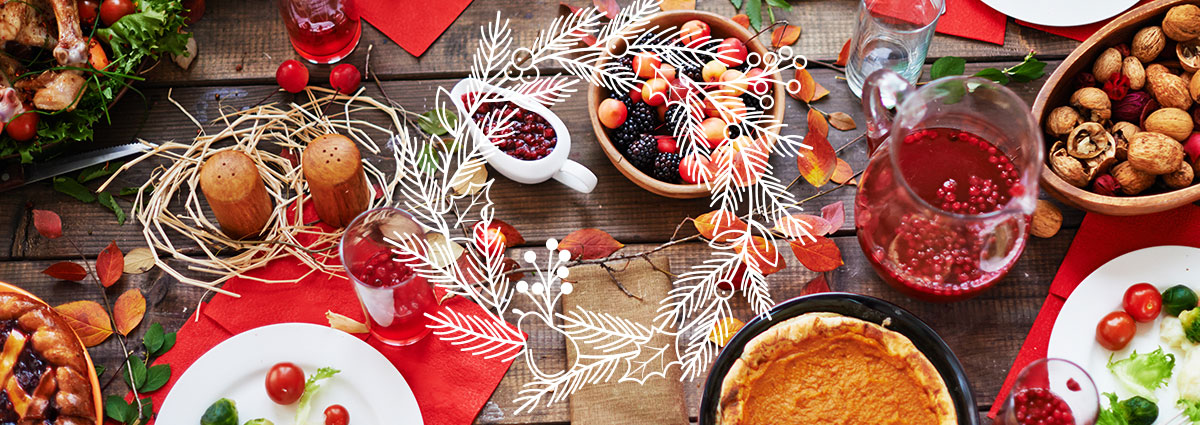
By: Ann K. Avery, MD, Infectious Disease Physician at MetroHealth Medical Center
Eating right is essential to staying healthy if you’re living with HIV. That means knowing what to eat and what to avoid.
You can’t go wrong eating lots of fruits and vegetables – the problem is what to do about everything else in your diet. The biggest troublemakers are fats, cholesterol, carbohydrates, sugar and protein: Some are great for your diet, and some are terrible.
The trick is knowing which is which and how much of each.

Fats and oils
You need some fat in your diet (about 25-35% of the calories you eat every day), but not nearly as much as you get in a cheeseburger and order of fries. Choosing oils carefully can give your diet a healthy boost, too.
The good: Polyunsaturated fats, omega-3 and Omega-6 fatty acids, unsaturated fats, monounsaturated fats
Eat more: Fatty fish, vegetable oil, unsalted nuts, canola oil, nuts, seeds, avocados, hummus, soy, walnuts.
The bad: Saturated fats, trans fats
Eat less: Red meat, fatty meat, processed foods, fast food, fried foods.

Cholesterol
The wrong kind of cholesterol makes plaque build up in your arteries, causing heart disease later in life. The right kind keeps the wrong kind from doing all that damage.
The good: HDL cholesterol
Eat more: Fatty fish, high-fiber fruit, beans, legumes, whole grains, olive oil, nuts.
The bad: LDL cholesterol
Eat less: Crackers, muffins, fatty meats like pastrami and corned beef, food made with butter or lard.
Come join our private, stigma-free, supportive community.
Health management tools with medication & appointment reminders.
Social networking in a community conversation & private chats.
Carbohydrates
You want natural, unprocessed carbs in your diet.
The good: Unrefined carbs
Eat more: Whole grains, whole-wheat or multigrain bread, brown rice, bran cereal and oatmeal, soybeans, lentils, peas and peanuts, fruits and uncooked vegetables.
The bad: Refined carbs
Eat less: white bread, white rice, cookies, crackers, pancakes, waffles, pastas, noodles and couscous.

Sugar
Sugar is a carb, so you also want pure, unrefined sugars. But to reduce calories in your diet and avoid too many spikes in your blood sugar, opt for safe sugar substitutes and naturally-occurring sweets.
The good: Honey, molasses, pure cane sugar.
Eat more: Be careful here, because pure sugar has about the same amount of calories as refined sugar. Opt instead for fresh fruit or small amounts of dark chocolate.
The bad: Refined, processed sugars.
Eat less: Processed snack food, pastry, prepared foods containing high-fructose corn syrup. Also avoid sugared sodas.

Protein
Protein builds and repairs muscle, so it’s essential to get the right kind in your diet.
The good: Lean meats, poultry, legumes,
Eat more: Seafood, white meat, yogurt, beans, soy.
Eat some: Eggs, milk, cheese (these have a lot of fat, so don't get carried away).
The bad: Fatty red meats, processed meats
Eat less: Fast food, prepared meals, sausage, hot dogs, cheeseburgers
Related Blogs:
Positive Peers is made possible through a U.S. Department of Health and Human Services Health Resources and Services Administration, HIV/AIDS Bureau Special Projects of National Significance (SPNS) Grant to The MetroHealth System. Click here for more information about the SPNS grant initiative.
Positive Peers is a private app for young people living with HIV. Learn how you can earn rewards for your participation.


